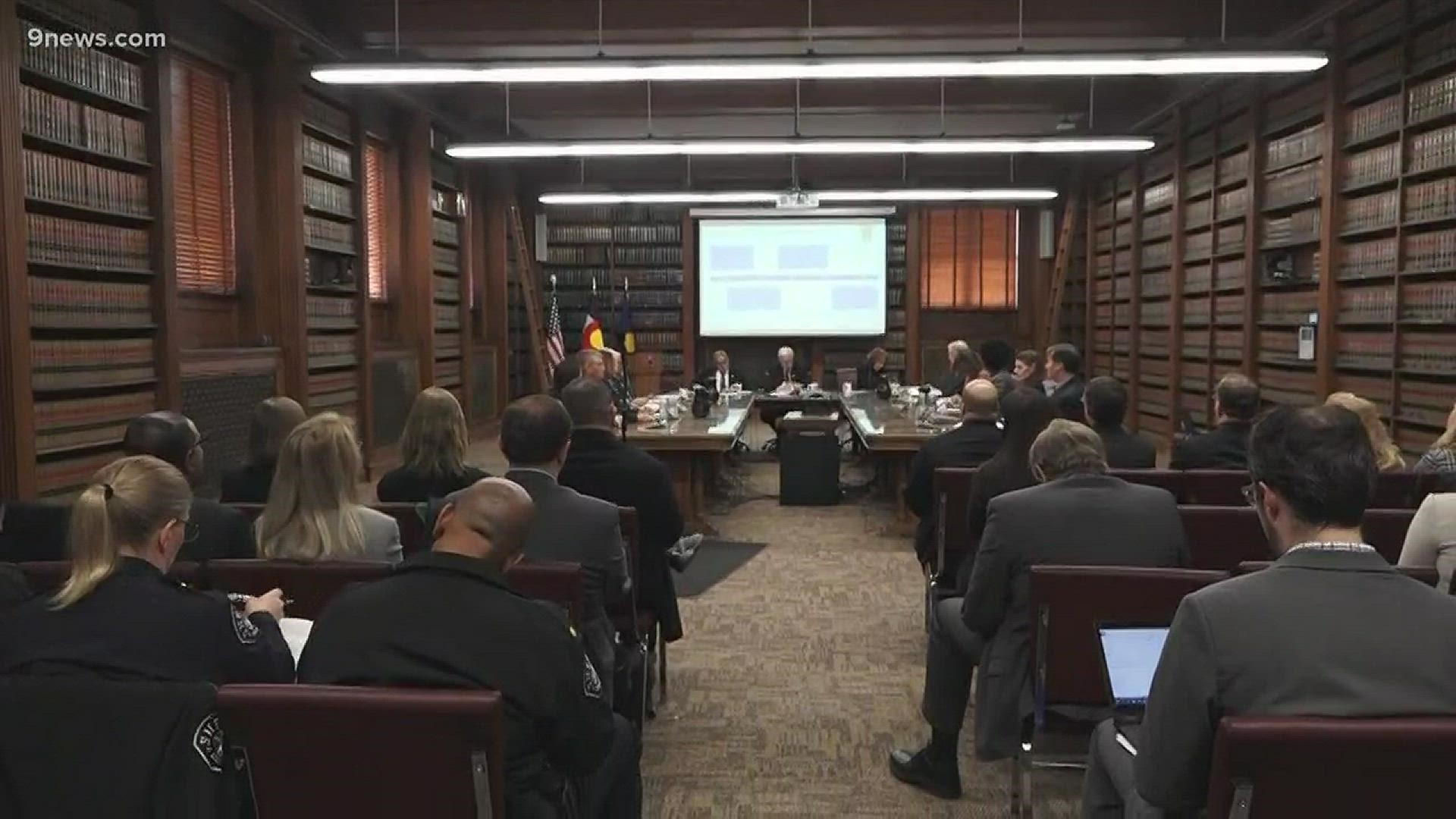DENVER — The Denver Auditor believes the Denver Sheriff Department needs to improve its risk management processes to improve overall safety at the county jails.
Sheriff Patrick Firman said he agrees with the fragmented and inconsistent characterization “to an extent,” but said the audit doesn’t point out the recent accomplishments and work being done on risk management.
“We understand there’s room for improvement," Firman said. "I don’t think we will ever be at the place where we say, 'We’re done, everything’s perfect.' But really what I want the public to understand is, we’ve made some significant changes at the Denver Sheriff Department. We are not the same department that we’ve been. Our staff has been working tirelessly to implement new programs to change the way we think about things, change the way we train.”
The Denver Auditor made six recommendations after its review. DSD partially disagreed with two of them; aligning policies regarding inmate supervision with “leading practices” and implementing comprehensive risk management strategies.
In the eyes of the auditor’s office, “leading practices” often come from the National Institute of Corrections. DSD follows the NIC standards that refer to adult jails but Firman says the audit often focuses on NIC’s prison standards, not jails, which are two very different systems.
“We are getting people in from off the street. They’re in crisis. They’re coming off substance use. They have mental health issues. They haven’t been stabilized," Firman said. “[That’s] very different in dealing with that population at that stage than the prison level.”
He also expressed concern over the report’s highlight of inconsistent handcuffing practices. DSD’s approach to restraints is to use the “least restrictive manner that is reasonable possible.” That discretion, the auditor says, puts staff in danger. Again, the report recommended guidance from the National Institute of Corrections, but Firman says there is no national best practice for handcuffing in jails.
“I think there’s plenty of overlap between the standards they’re talking about, so we can agree to disagree on the appropriateness of their standards,” Auditor Timothy O’Brien said. “There’s more that can be done, and I think the department is committed to doing more. And I think that was refreshing as far as I am concerned.”
DSD is committed to doing more. They agreed to address all of the recommendations in some form and set implementation dates. There are concerns over how long it takes to process and classify inmates, how DSD logs and manages data, creating clearer incident response strategies, just to name a few.
But what disappointed Firman about this report, he says, is the lack of acknowledgement of what DSD has done to address many of those issues. He points to an assessments and inspections unit that continues to look for ways to improve safety and efficiency. New technologies should help speed up intake times. He’s also trying to address the sea of complicated, sometimes inconsistent policies.
“One of the constant concerns we received from staff is that we have way too many policies. And I think we heard it from the auditor’s office as well, that often those policies don’t match up with one another. So I’ve tasked our professional standards unit to develop a performance improvement team to specifically look at our policy.”
Click or tap here to see the full report.
SUGGESTED VIDEOS | Investigations from 9Wants to Know

